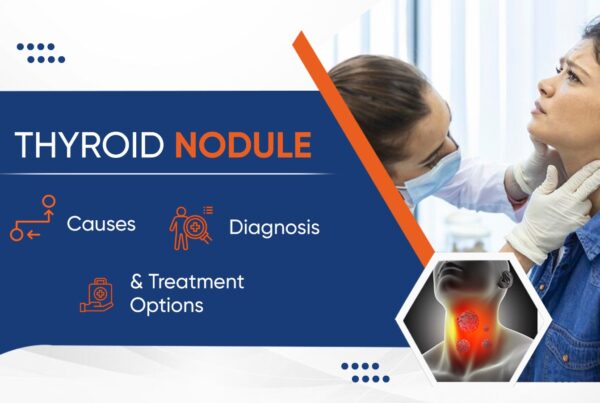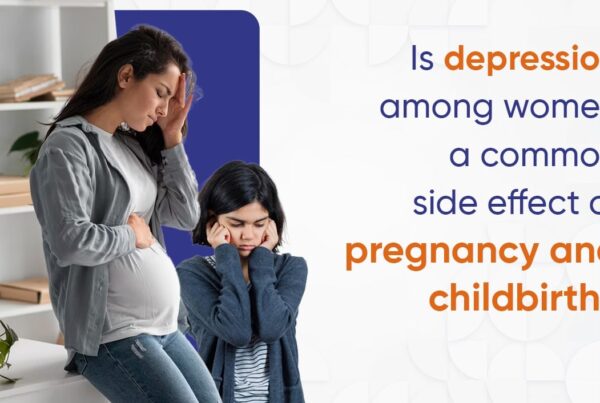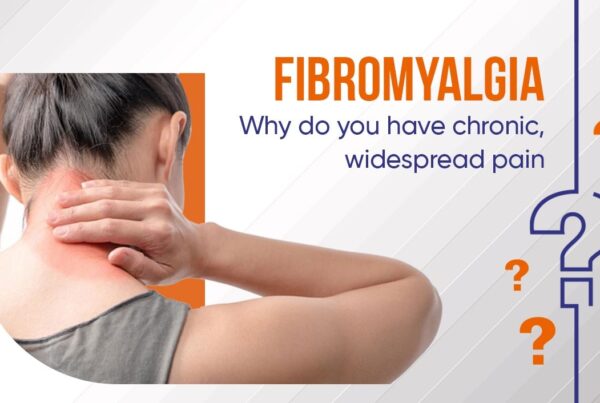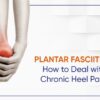HICCUPS
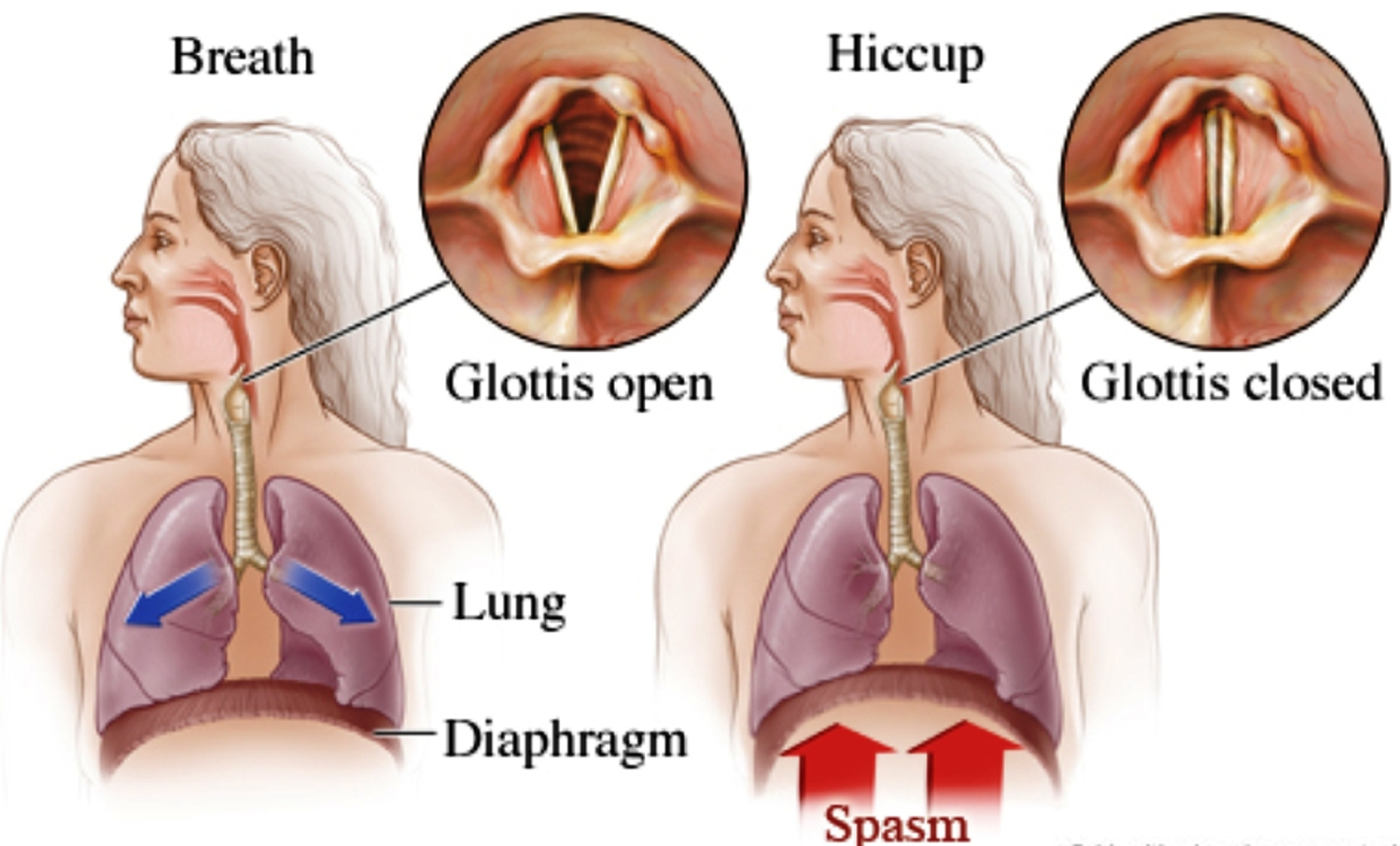
Hiccups happen when intake of air becomes blocked for a moment. It can happen for no apparent reason. Hiccups are repetitive, uncontrollable contractions of the diaphragm muscle. Your diaphragm is the muscle just below your lungs. It marks the boundary between your chest and abdomen. The diaphragm regulates breathing. When your diaphragm contracts, your lungs take in oxygen. When your diaphragm relaxes, your lungs release carbon dioxide.
Usually a minor nuisance, but prolonged hiccups can indicate a serious medical issues. Most people have hiccups from time to time, and they usually resolve without treatment within a few minutes. The longest recorded case of hiccups lasted 60 years.
Fast facts on hiccups
- The exact cause of hiccups remains unclear, but chronic hiccups are linked to a wide range of medical conditions, including stroke and gastrointestinal problems.
- Most cases resolve without treatment, but prolonged hiccups can lead to complications such as insomnia and depression.
- If hiccups last for longer than 48 hours, the person should see a doctor, who may prescribe muscle relaxants.
- Avoiding alcohol and not eating too quickly can help reduce the chance of hiccups.
Why Do Hiccups Happen? – Causes
Hiccups can happen for a lot of reasons. Some of them are physical, and some emotional. That’s because the actual irritation happens in the nerve connecting the brain to the diaphragm. Some common causes include:
- Eating too much or too quickly
- Feeling nervous or excited
- Stress
- A sudden change in temperature
- Swallowing air while sucking on candy or chewing gum
- Eating spicy food
- consuming alcohol
- Drinking soda
- Consuming very hot or very cold foods
- A sudden change in air temperature
Some medications, such as opiates, benzodiazepines, anesthesia, corticosteroids, barbiturates, and methyl dopa are known to cause hiccups.
Medical causes
Few of the medical conditions is linked with Hiccups
These include:
- Gastrointestinal conditions that includes inflammatory bowel disease (IBD), a small bowel obstruction, or gastroesophageal reflux disease (GERD)
- Respiratory conditions, such as pneumonia, or asthma
- Excess addictive habit on consuming alcohol
- Conditions that affect the central nervous system (CNS), including a traumatic brain injury (TNI),
- conditions that irritate the vagus nerve, such as meningitis, pharyngitis, or goitre
- psychological reactions, including grief, excitement, anxiety, stress, hysterical behavior, or shock
- Conditions that affect metabolism, including hyperglycemia, hypoglycemia, or diabetes
- Liver and kidney problems
- Cancer, either as a result of damage caused by the condition or as a side effect of treatment, such as chemotherapy.
- Conditions of the autonomic nervous system, which also affects breathing, sweating, heartbeat, hiccups, and coughing
Tips for getting rid of hiccups
- Sip ice-cold water slowly or gargle with very cold water.
- Hold your breath for a short time, breath out, then do it again three or four times, and do this every 20 minutes.
- While you swallow, place gentle pressure on your nose.
- Place gentle pressure on your diaphragm.
- Bite on a lemon.
- Swallow some granulated sugar.
- Take a tiny amount of vinegar, just enough to taste.
- Breathe in and out of a paper bag, but never a plastic bag and never covering your head with the bag.
- Sit down and hug your knees as close to your chest as possible for a short time.
- Lean forward so that you gently compress your chest.
- Alternative therapies may include acupuncture and hypnosis.
- Gently pull on the tongue.
- Rub the eyeballs.
- Put your finger in your throat to trigger a gag reflex.
Many of these tips have been passed down through generations. They may be effective, but there is little research to support their use.
Where does this lead to?
Prolonged hiccups can lead to;
- Weight loss and dehydration: If the hiccups are long-term and occur at short intervals, it can become difficult to eat properly.
- Insomnia: If prolonged hiccups persist during the sleeping hours, it can be hard to fall asleep or stay asleep.
- Fatigue: Prolonged hiccups can be exhausting, especially if they make it hard to sleep or eat.
- Communication problems: It can be difficult for the person to speak.
- Depression: Long-term hiccups can increase the risk of developing clinical depression.
- Delayed wound healing: Persistent hiccups can make it harder for post-surgical wounds to heal, increasing the risk of infections or bleeding after surgery.
Statistics
The exact number of people with chronic hiccups is unknown. Men over the age of 50 are more likely to develop chronic hiccups than women. Chronic hiccups occur in about 4% of patients with advanced cancer




